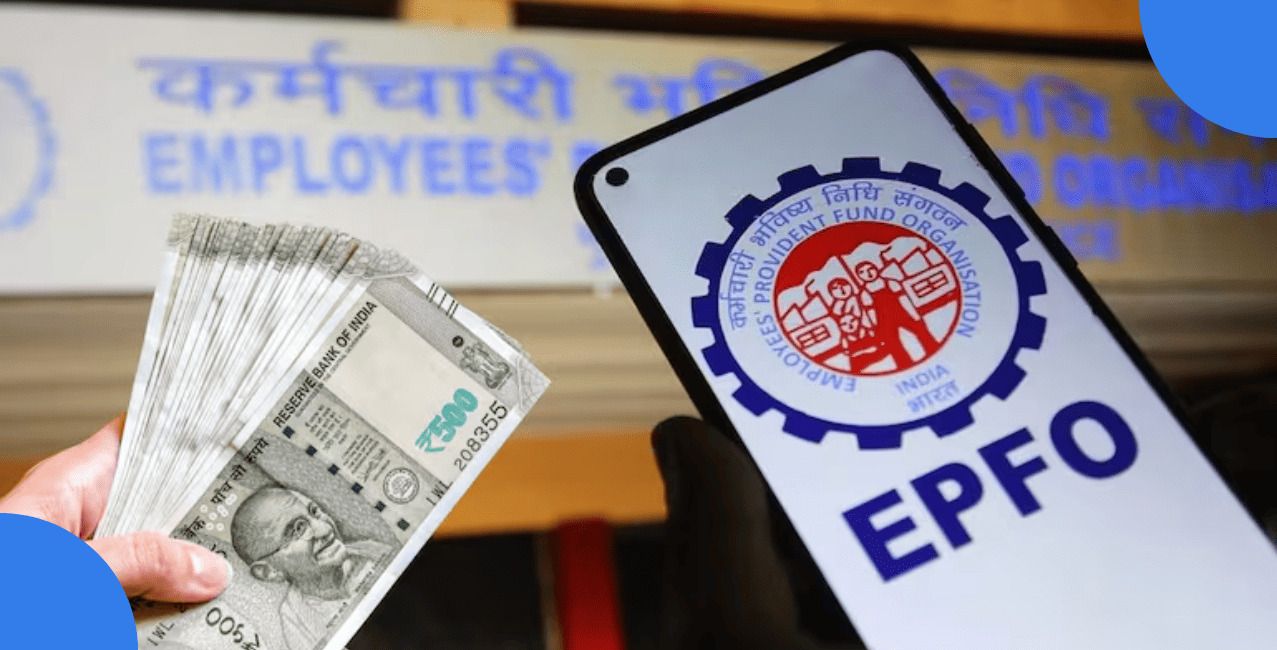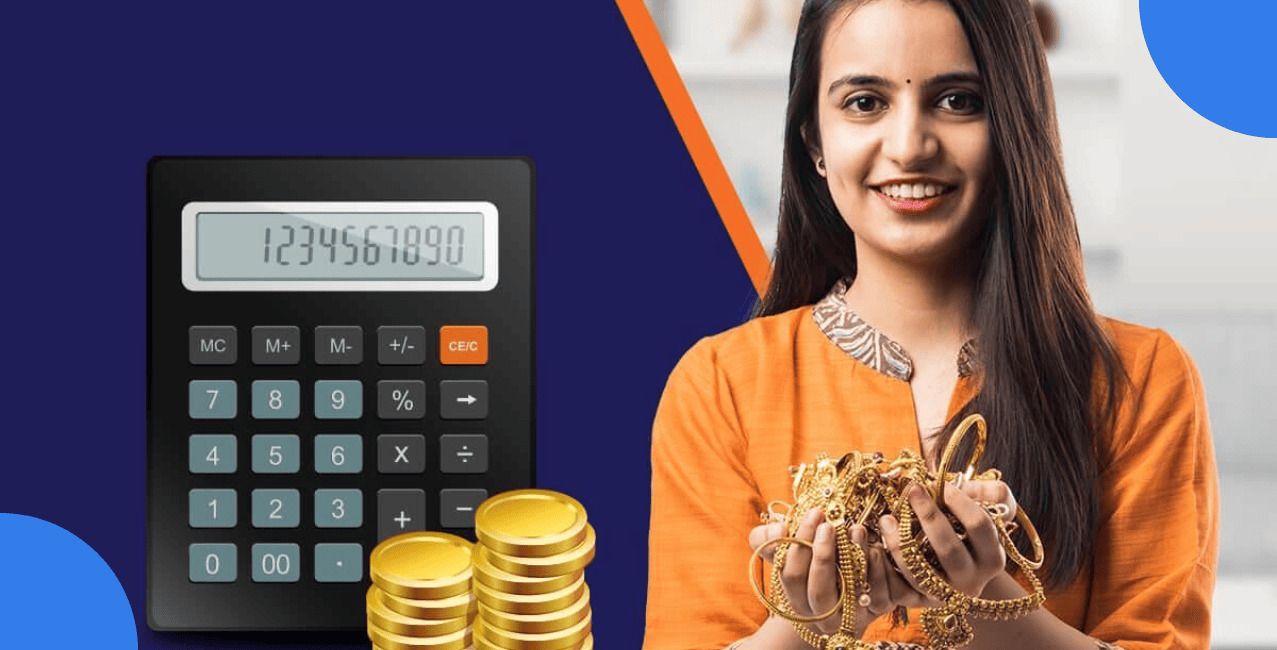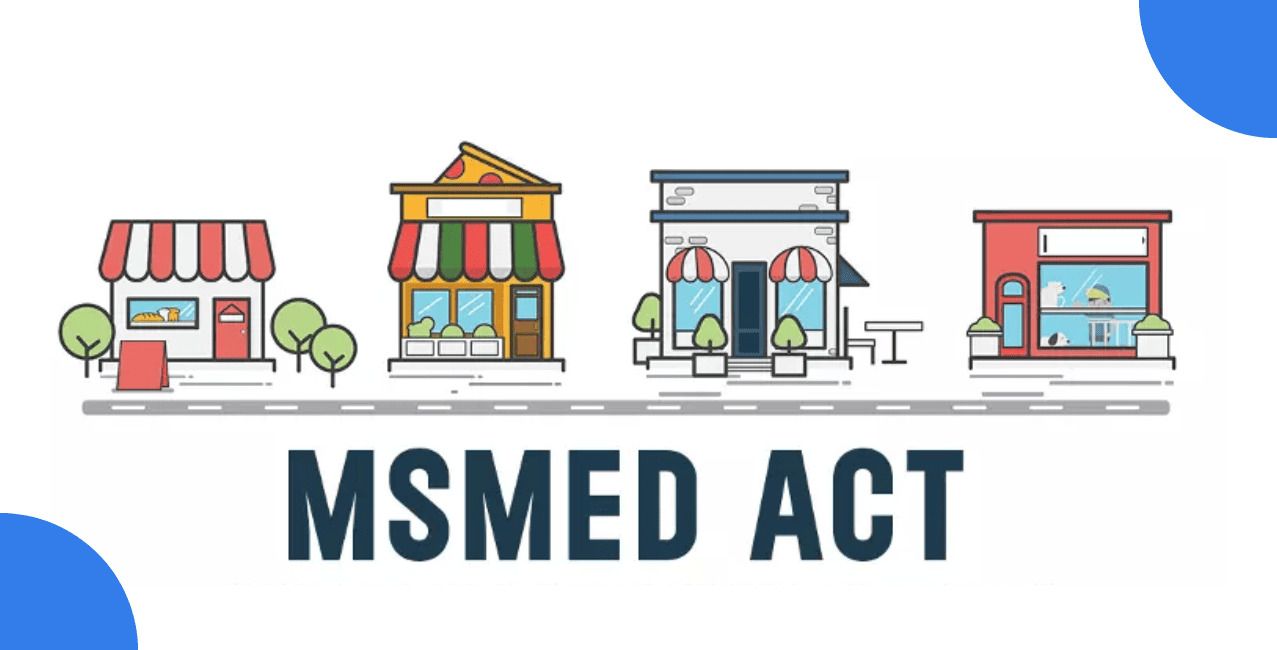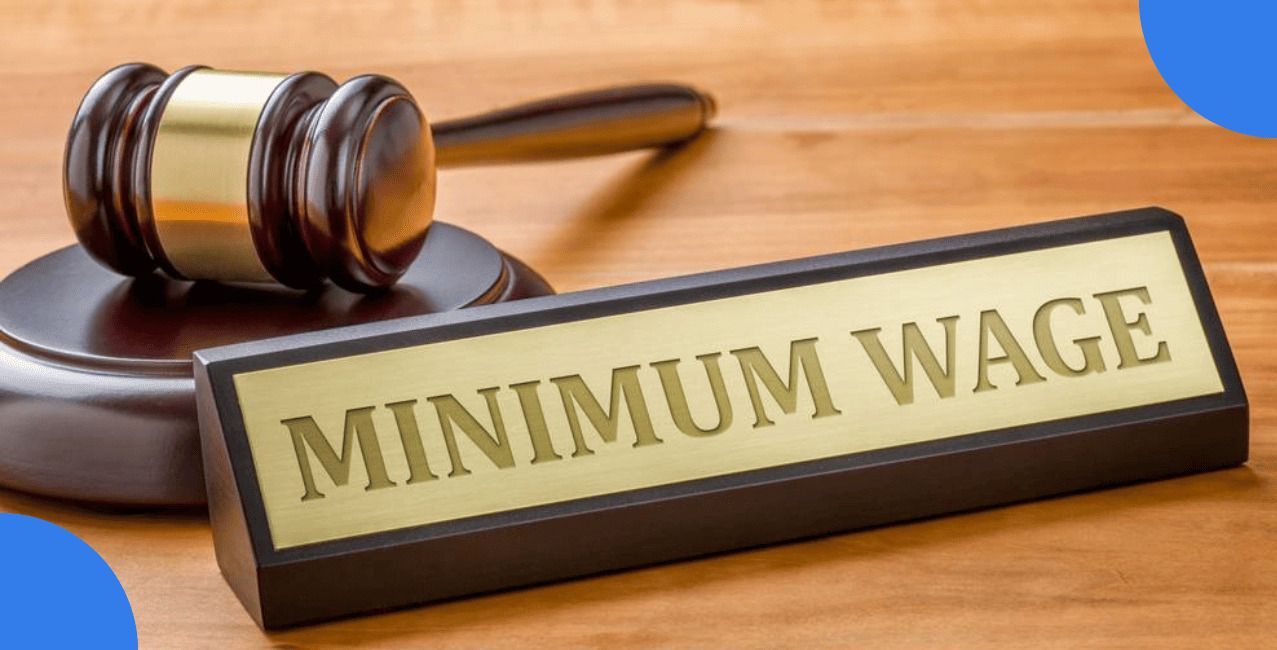Will FD Interest Rates Increase In 2025? Best Banks For Fixed Deposits
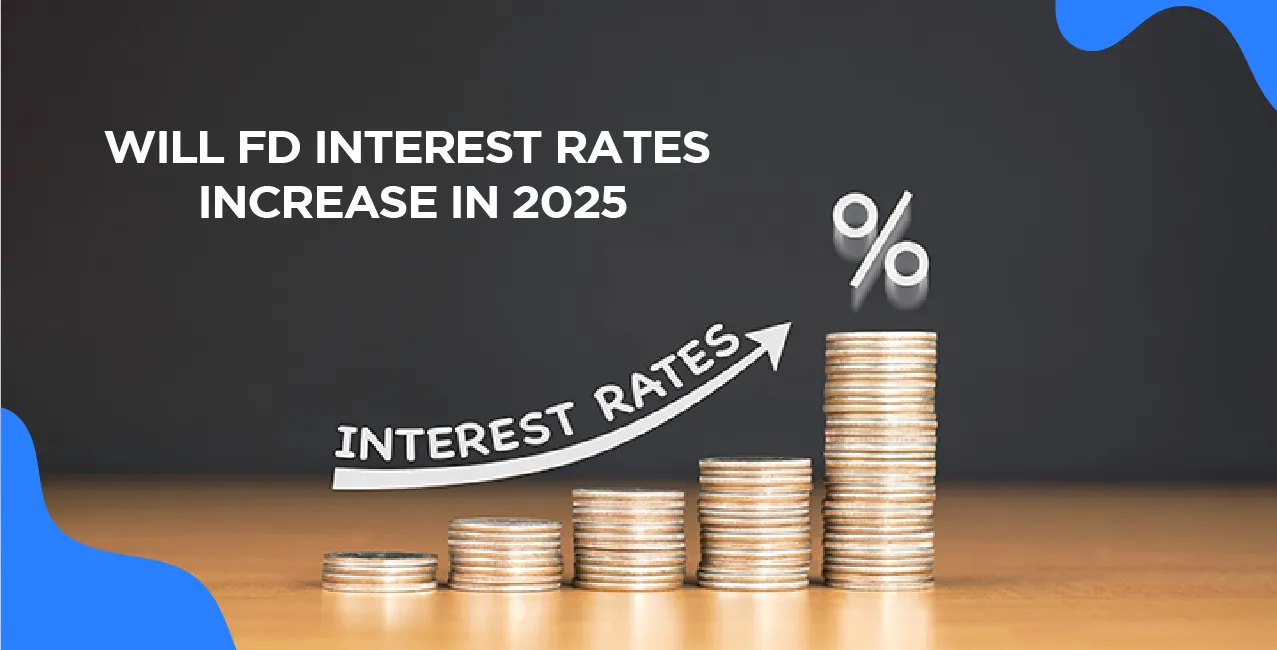
Check Your Loan Eligibility Now
By continuing, you agree to LoansJagat's Credit Report Terms of Use, Terms and Conditions, Privacy Policy, and authorize contact via Call, SMS, Email, or WhatsApp
Almost everyone wants to determine whether FD interest rates will rise this year, considering the changing economy and inflation. If so, which banks have the best rates on FDs?
Aman, 35 years old, works as a marketing specialist and has been saving money for his future. Therefore, he begins to wonder if his savings are growing as they should be, given the uncertain economy, rising inflation, and central banks' policy adjustments. The question for him is whether to make a deposit now or wait for more favourable rates.
Let us assume Aman's perspective and carry out research to assist him in understanding and making an informed decision about his fixed deposit investments.
FIXED DEPOSITS: WHAT IS IT?
Fixed Deposit, or FD, is one safe investment instrument that permits one to deposit his money in a bank for some time, and the bank gives him interest in exchange.
Let's assume Aman has 10 chocolates, and he wants to donate them all to his friend Atul on the condition that he won't take them back for 30 days.
Now Atul, encouraged by Aman's faith in him, rewards him with 2 extra chocolates at the end of 30 days.
Now Aman will have 12 chocolates.
This is just how Fixed Deposits work; you maintain the money with the bank for some time, and the bank rewards you by giving you extra money (interest).
KEY FEATURES OF FDs
|
|
|
|
FACTORS INFLUENCING FD INTEREST RATES IN 2025
INFLATION TRENDS
I.When inflation rises, banks raise or rather increase their FD rates to attract more deposits.
Read More - Bank FD Rates 2025
II.Lower-than-expected inflation might provide scope for stability or lower rates.
INFLATION RATE | FD INTEREST RATE | REAL RETURN | TREND |
6% | 7% | 1% | Normal |
8% | 9% | 1% | Inflation Rises |
4% | 5.5% | 1.5% | Inflation Falling |
RESERVE BANK OF INDIA (RBI) POLICIES
I.The RBI’s repo rate (the rate at which banks borrow from RBI) directly affects FD interest rates.
II.If RBI raises the repo rate, FD rates may go up.
III.If the RBI cuts the repo rate, the FD rate may decline.
Given below is a sample representation of the relationship between the RBI’s repo rate and FD interest rates:
SCENARIO | REPO RATE | FD INTEREST RATE | EXPLANATION |
Current Situation | 6% | 6.5% | Banks offer 6.5% on FDs while borrowing from RBI at 6%. |
RBI raises Repo Rate | 6.5% | 7% (Increase) | Banks have increased borrowing costs and thus provide a higher FD rate to get more deposits. |
RBI lowers Repo Rate | 5.5% | 6% (Decrease) | Banks borrow from RBI at a lower rate, reducing their need to offer high FD rates. |
ECONOMIC GROWTH AND CREDIT DEMAND
I.A strong Indian economy means a higher demand for loans, which can increase FD rates.
II.Slower economic growth may result in lower FD interest rates.
India’s economic condition as of February 2025:
ECONOMIC CONDITION | GDP GROWTH | CHANGE IN LOAN DEMAND | ACTION TAKEN BY BANKS | CHANGE IN FD INTEREST RATE |
Strong | 8.2% in FY24 | Rise due to increased business and consumer activities | Banks increased FD rates to induce more deposits | FD rates went up to 8.05% in October 2024 |
Slower Growth | 5.4% in Q2 FY25 | Fall due to lower economic activities | Banks can reduce FD rates due to lower loan demand | Possible fall in FD rates, though detailed data is awaited |
BANKING SYSTEM LIQUIDITY
I.When banks have excess cash, they lower FD rates since they don’t need more deposits.
II.When banks face a cash crunch, they increase FD rates to attract depositors.
GLOBAL FINANCIAL TRENDS
I.Changes in U.S. Federal Reserve rates or global market conditions can influence RBI’s decisions.
II.High foreign investments in India can impact liquidity and, in turn, FD rates.
COMPETITION BETWEEN NBFCs and BANKS
I.To draw clients, private banks, small finance banks, and NBFCs often provide higher FD rates whereas government banks typically offer stable but lower rates.
GOVERNMENT POLICIES AND BUDGET ANNOUNCEMENTS
I.Tax benefits, incentives, or financial reforms introduced in Budget 2025 can affect FD rates.
II.Any new savings scheme or senior citizen benefits may impact bank deposit rates.
BEST BANKS FOR FIXED DEPOSITS IN 2025
TOP SMALL FINANCE BANKS OFFERING THE BEST FD RATES
BANK NAME | TENURE | INTEREST RATE |
Unity Small Finance Bank | 1001 days | 9.00% |
North East Small Finance Bank | 18 months 1 day to 36 months | 9.00% |
Suryoday Small Finance Bank | 5 years | 8.75% |
Utkarsh Small Finance Bank | 2 years - 3 years | 8.50% |
Jana Small Finance Bank | 1 year-2 years | 8.45% |
Equitas Small Finance Bank | 888 days | 8.25% |
Ujjivan Small Finance Bank | 12 months | 8.25% |
AU Small Finance Bank | 18 months | 8.10% |
TOP 10 PRIVATE SECTOR BANKS OFFERING THE BEST FD RATES
BANK NAME | TENURE | INTEREST RATE |
Bandhan Bank | 1 year | 8.05% |
DBC Bank | 19 months to 20 months | 8.05% |
RBL Bank | 500 days | 8.00% |
YES Bank | 18 months | 8.00% |
DBS Bank | 376 to 540 days | 7.50% |
IndusInd Bank | 1 year 5 months to 1 year 6 months | 7.99% |
ICICI Bank | 15 months- 18 months | 7.25% |
HDFC Bank | 4 years 7 months - 55 months | 7.40% |
IDFC First Bank | 400-500 days | 7.90% |
Axis Bank | 15 months to less than 16 months | 7.25% |
TOP 10 PUBLIC SECTOR BANKS OFFERING THE BEST FD RATES
BANK NAME | TENURE | INTEREST RATE |
Bank of Maharashtra | 366 days | 7.45% |
Central Bank of India | 2 years to less than 3 years | 7.25% |
Bank of India | 400 days | 7.30% |
Bank of Baroda | 400 days—Bob Utsav | 7.30% |
Canara Bank | 3 years—less than 5 years | 7.40% |
Indian Overseas Bank | 444 days | 7.30% |
Punjab & Sind Bank | 555 days | 7.45% |
Union Bank of India | 456 days | 7.30% |
State Bank of India | 444 days—Amrit Vrishti | 7.25% |
Indian Bank | 400 days—IND SUPER | 7.30% |
TOP 10 FOREIGN BANKS OFFERING BEST FD RATES
BANK NAME | TENURE | INTEREST RATE |
Deutsche Bank | Above 1 year to 3 years | 8.00% |
Standard Chartered Bank | 1 year to 375 days | 7.50% |
HSBC Bank | 601 to 699 days | 7.50% |
STRATEGIES TO MAXIMISE FD RETURNS IN 2025
COMPARE INTEREST RATES ACROSS BANKS
- Research Multiple Banks: Interest rates vary among banks. For example, as of February 2025, Unity Small Finance Bank offers 9.00% for a 1001-day tenure, whereas Bandhan Bank provides 8.05% for 1 year.
UTILISE THE LADDERING STRATEGY
- Diversify Maturities: Divide your investment into multiple FDs with varying maturities (for example, 1 year, 2 years, 3 years). This will provide regular liquidity and allow reinvestment at potentially higher rates upon maturity.
SENIOR CITIZEN BENEFITS
- Additional Interest Rates: If you’re 60 or older, many banks offer an extra 0.50% to 0.75% interest on FDs. For instance, ICICI Bank provides up to 7.85% p.a. for senior citizens.
Also Read - FD Interest Rates in July 2025
STAY AWAY FROM PREMATURE WITHDRAWALS
- Minimise Penalties: Early withdrawal from a matured amount can lead to penalties and a decreased amount of interest earned. Planning investment terms according to liquidity needs.
EXPLORE TAX-SAVING FDs
- Invest in 5-year tax-saving FDs to avail deductions under Section 80C of the Income Tax Act, up to ₹1.5 lakh, which usually comes with a 5-year lock-in period.
DIVERSIFY ACROSS FINANCIAL INSTITUTIONS
- Spread Risk: Instead of placing all your funds in one bank, distribute them among multiple institutions to mitigate risk and take advantage of varying interest rates.
TAX IMPLICATIONS ON FIXED DEPOSITS IN INDIA-2025
TAX ON FD INTEREST
- Interest on FD is fully taxable under “Income from Other Sources”
- Taxed as per your income tax slab
TDS ON FD INTEREST
- General Citizens: TDS is applicable if the interest earned exceeds ₹50,000 in a year.
- Senior Citizens (60+): TDS applies if the interest earned exceeds ₹1,00,000 in a year.
- TDS Rate: 10% if you provide your PAN, and 20% if you do not.
HOW TO AVOID TDS DEDUCTION
- Submit Form 15G if you are below 60 years old or Form 15H if you are 60+ years old and if your total income is below the taxable limit.
TAX-SAVING FDs
- 5-year tax-saving FDs qualify for ₹1.5 lakh deduction under Section 80C
- No premature withdrawals are allowed
REPORTING FD INTEREST IN ITR
- Even if TDS is deducted, you must declare FD interest in your tax return.
- Additional tax may apply if your slab rate is higher than 10%
FINAL THOUGHTS
Is Investing in Fixed Deposits Going to Be a Feasible Option in 2025?
For those who adore stability and secure returns, Fixed Deposits remain a trustworthy investment option. Inflation, RBI policies, and the global economic atmosphere should heavily impact the stabilisation, if not decrease, of the FD interest rates by 2025.
Integrating fixed deposits into diversified portfolios of other instruments, such as mutual funds, equity, and bonds, will provide a healthy combination of security and growth. Picking the right bank and time frame would ensure returns while at the same time achieving your financial goals.
FAQs
1. Will FD interest rates increase in 2025?
Interest rates are likely to rise ever so slightly, but actual hikes depend on the functioning of the economy and changes in policies.
2. Which bank is offering the highest FD interest rate?
HDFC, ICICI, and SBI are quite competitive. You should always compare before investing.
3. Is any interest from FDs taxable?
Yes, interest on FDs is taxable, and tax deducted at source will depend on individual tax laws applicable above ₹40,000 (₹50,000 for senior citizens).
4. Is it possible to withdraw my FD before its maturity?
Yes, but that might come with a penalty, along with a lower rate of interest.
5. How can I get maximum returns from FDs?
Have high-interest banks, reinvest maturity proceeds, and go for cumulative interest FDs.
6. What is the minimum deposit required to open an FD?
The minimum amount required differs from one bank to the other, but it usually starts from ₹1,000.
7. Can an NRI invest in Fixed Deposits in India?
Yes, NRIs can invest in Fixed Deposits through NRE, NRO, and FCNR Accounts.
8. Are there special FD schemes for senior citizens?
Yes, there are special schemes in many banks that pay higher rates of interest and also provide special offers for the aged.
9. How safe are Fixed Deposits?
FDs are considered to be low-risk investment options, and the same is insured by DICGC to an extent of ₹5 lakh.
10. What happens if I do not renew my FD after maturity?
The banks may transfer the maturity amount into your savings account or may auto-renew it based on your instructions.
11. Is it possible to break an FD?
Yes, early withdrawal of an FD incurs a penalty, typically meaning lower interest earnings.
12. Can I take a loan against my FD?
Yes, most banks provide the option of taking a loan against an FD, usually up to 90% of the deposited value.
13. Should fixed deposits serve as better investment options than mutual funds?
The performance of Fixed Deposits produces certain returns, which mutual funds provide elevated returns but through volatility-linked returns.
14. Can I open a Fixed Deposit account online?
Yes, almost all banks allow for the opening of Fixed Deposits online via net banking or mobile apps.
15. Do banks offer tax-saving FD accounts?
Yes. Tax-saving FDs qualify for a deduction under Section 80C with a five-year lock-in term.
About the author

LoansJagat Team
Contributor‘Simplify Finance for Everyone.’ This is the common goal of our team, as we try to explain any topic with relatable examples. From personal to business finance, managing EMIs to becoming debt-free, we do extensive research on each and every parameter, so you don’t have to. Scroll up and have a look at what 15+ years of experience in the BFSI sector looks like.
Subscribe Now
Related Blog Post
Recent Blogs
All Topics
Contents
Quick Apply Loan
Consolidate your debts into one easy EMI.
Takes less than 2 minutes. No paperwork.
10 Lakhs+
Trusted Customers
2000 Cr+
Loans Disbursed
4.7/5
Google Reviews
20+
Banks & NBFCs Offers
Other services mentioned in this article


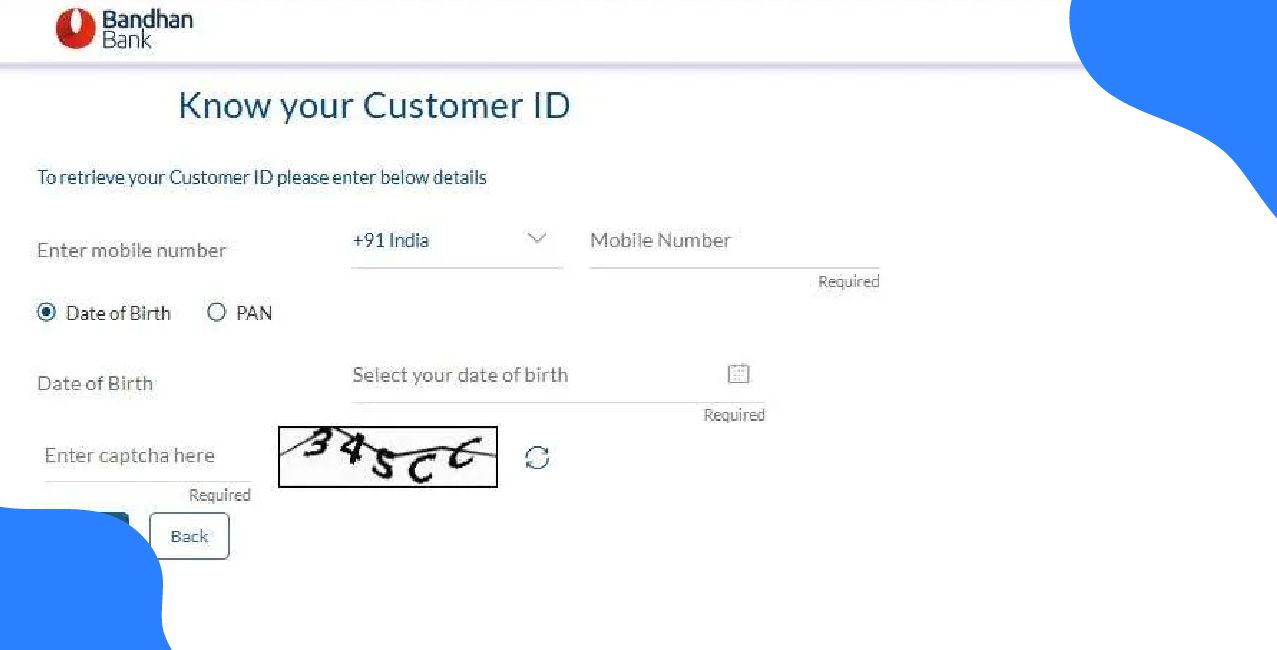
.png)
